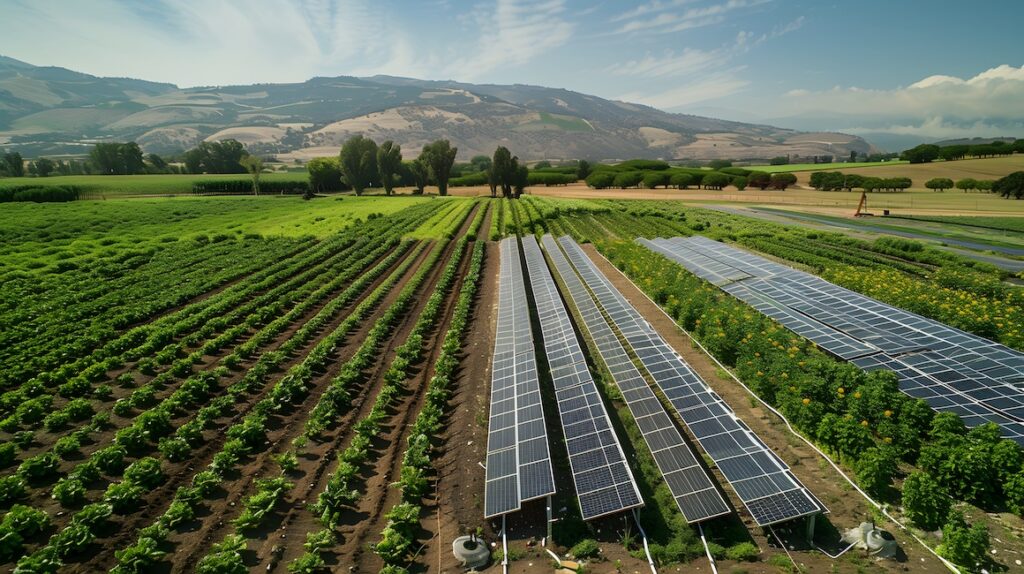CED faculty among Berkeley Climate and Equity Seed Grant awardees

Research projects involving College of Environmental Design faculty from the Departments of City & Regional Planning and Landscape Architecture & Environmental Planning received seed grants from a new program sponsored by UC Berkeley’s Office of the Vice Chancellor for Research. The grants were awarded to interdisciplinary teams working on climate and environmental equity, a key research area across the college
Justin Hosbey, assistant professor of city and regional planning, is the lead investigator on one of the awarded projects, Georgia’s Sea Islands Exploratory Research: Black Ecologies, Climate Transformation, and Property. Each of the other projects that received a seed grant includes a CED faculty member as a collaborator.
Hosbey’s project, proposed in collaboration with his city and regional planning colleague Zachary Lamb and Courtney Morris, associate professor of gender and women’s studies, centers the history and experiences of Sea Island Gullah communities of the Georgia and South Carolina Sea Islands. It asks, not why have Gullah communities been destroyed, but rather what combination of socio-spatial practices have allowed them to persist through generations of unrelenting pressure? The team will partner with local communities to co-construct a participatory action research framework to help scholars and activists better understand, and reinforce, Black place-keeping in the Georgia Sea Islands.
Landscape architecture and environmental planning faculty Matt Kondolf and Danielle Rivera are part of a team led by Anna Serra-Llobet, researcher at the Institute for Governmental Studies, focusing on integrating equity in flood risk management. California’s Lower Pájaro River Valley will be the case study.
With Lu Liang, associate professor of landscape architecture and environmental planning, Rivera is also a collaborator on another awarded project: Climate-Driven Extreme Events, Hazardous Sites, and Cumulatively Burdened Populations in United States–Mexico Borderlands led by Professor David Gonzalez in the School of Public Health. The project findings will help communities and policymakers take informed proactive action to mitigate the harms of future climate-driven disasters in areas already burdened by industrial pollution.
Visiting Professor Marc Weiss, Robert S. Cornish Chair in the Department of City & Regional Planning, is collaborating with Professor Timothy Bowles in the Department of Environmental Science, Policy and Management on Equitable Agrivoltaics: Accelerating Climate Transitions at the Energy-Agriculture Nexus, and IURD Community Programs Manager Charlene Kaloki. They will investigate how small and mid-size farms in California can benefit from the dual use of land for solar energy production and agriculture.
“We look forward to following the progress of these promising avenues of research,” says William W. Wurster Dean Renee Chow. “Each has the potential to create a meaningful impact.”